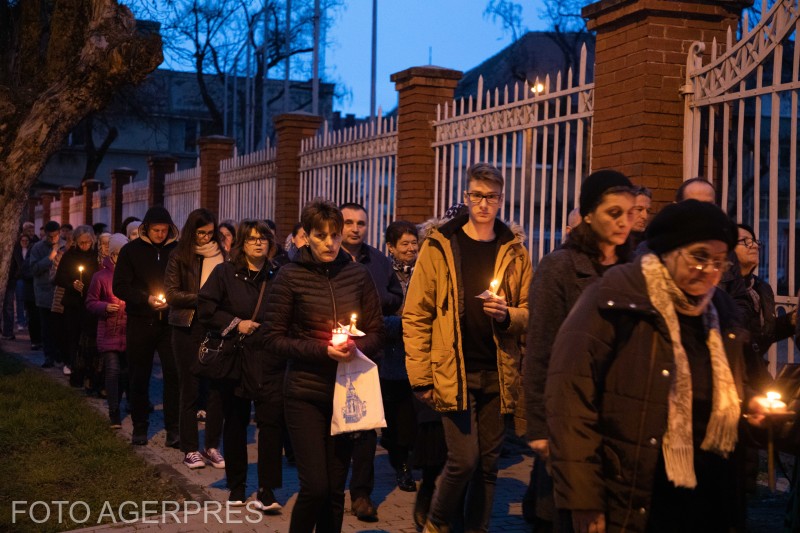European Council conclusions
The European Council summit in Brussels focused on two major topics: the condemnable actions of Belarus and the Covid-19 pandemic

România Internațional, 26.05.2021, 14:00
The hijacking of a civilian plane by Belarus to arrest journalist Roman Protasevich, known as a critic of the Minsk dictatorial regime, was close to diverting the European Council from the initial agenda. The leaders of the 27 member states had gathered in the Belgian capital to mainly discuss the coordination of actions to combat the pandemic and the digital certificate. Belarus action, which many analysts have described as air piracy or state terrorism, was strongly condemned by the EU leaders.They announced that new sanctions would be prepared against Belarus, including economic ones, and decided to close the Unions airspace to planes from this former Soviet country. The leaders of the 27 also demanded the immediate release of journalist Roman Protasevich and his partner, Sofia Sapega, who has Russian citizenship, arrested on Sunday during the operation. The EU also called on the International Civil Aviation Organization to investigate this unprecedented and unacceptable incident.
After that, the summit focused on the pandemic. The Heads of State and Government of the Member States welcomed the agreement reached at Union level on the Covid digital certificate, which will facilitate the return to unrestricted movement. European Commission President Ursula von der Leyen said the infrastructure for the digital certificate would be ready by June 1, and member states would be able to connect to the system in mid-month. Ursula von der Leyen stated that: “Now Member States have the key and the urgent task to make sure that their national health systems are fed with the information of citizens health status, so that the Certificate can be issued. That sounds like a lot of work and indeed, it is still a lot of work. But I am optimistic that we are getting there. I think the Certificate is a unique opportunity to showcase how the European Union contributes concretely to peoples daily lives. So we must all contribute to make it happen.”
President Klaus Iohannis underlined Romanias support for the rapid and uniform implementation of the certificate at European level. In his view, its use must not affect the exercise of the fundamental right of citizens to free movement. At the same time, the Romanian head of state supported the continuation at an accelerated pace of the vaccination campaign, along with increasing efforts to produce and ensure sufficient reserves of vaccines. The President of Romania spoke in favor of rendering operational as soon as possible a European mechanism for donating anti-COVID vaccines, especially to partners in the Eastern Neighborhood and the Western Balkans and pleaded in favor of international solidarity. He recalled that Romania had donated over 300,000 doses to the Republic of Moldova and that it would also donate 100,000 doses of vaccine to Ukraine. (MI)






























